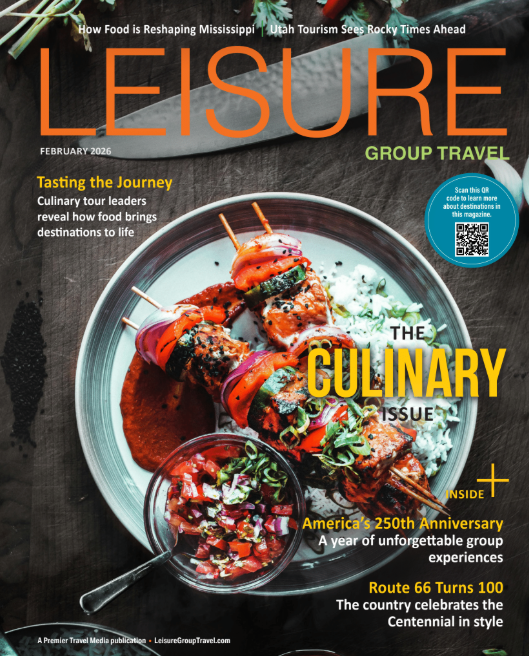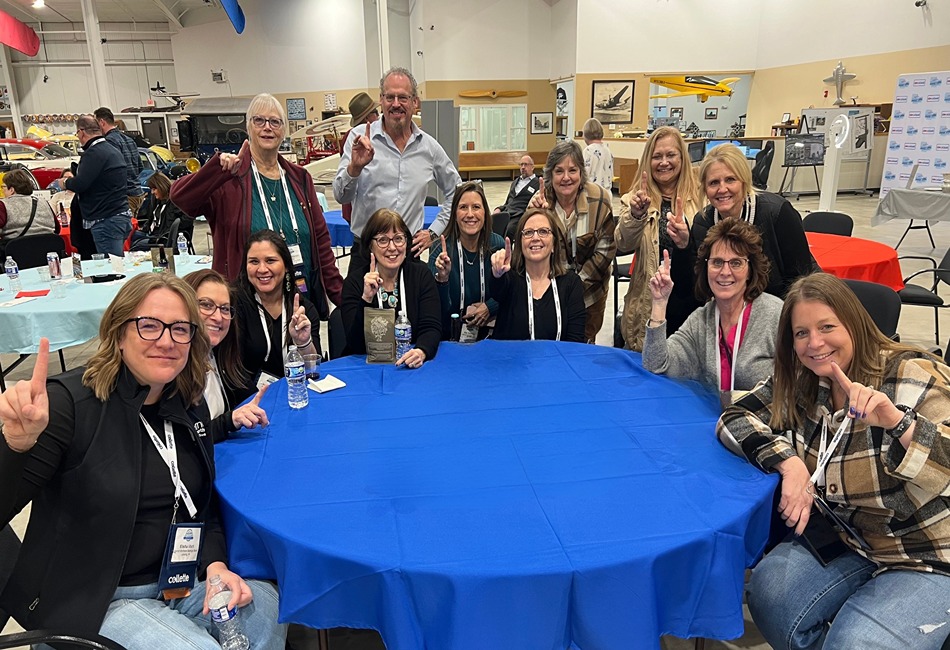Three major travel association leaders share their thoughts on how to re-attract customers in a different world.
When the world seemingly shut down in late March because of the COVID-19 outbreak, industries across the globe were left in shambles.
The travel sector, in particular, was devastated as empty airplanes, hotels and cruise ships combined to obliterate planners’ bottom lines. Airlines saw historic declines in ticket purchases (the International Air Transport Association estimates airlines will lose $83.3 billion in 2020), hotels have lost more than $31 billion in room revenue since mid-February and the multitude of ships that make up the cruise industry’s fleet have been docked. Its been rough out there.
Recently though, many countries and states have started to re-open and the travel industry is seeing signs of optimism as prospective travelers indicate their urge to see the world is gradually returning.
According to Destination Analysts, seven in 10 survey respondents say they miss vacationing and 45 percent are planning some form of road trip an average of 400 miles from home through the end of August.
To gauge how travel leaders are coping during the pandemic and to get their thoughts on the path to recovery, Leisure Group Travel interviewed three heads of major travel organizations: Catherine Prather, president of the National Tour Association, Pete Pantuso, president and CEO of the American Bus Association and Terry Dale, president and CEO of the United States Tour Operators Association.
TRYING TIMES
Prather, Pantuso and Dale are attempting to sift through the calamitous economic climate while maintaining an optimistic outlook for their members. While 2020 is mostly considered a loss, 2021 looks promising to some.
“So much of the summer travel season has already been canceled,” Pantuso said. “June is gone, July is gone. Right now, everything is solid for August but it’s starting to crumble. There are a lot of operators that I know are barely hanging on the edge right now.”
“It has been heartbreaking to almost daily receive organizational contacts sharing they’ve been laid off or furloughed,” Prather said. “We have been seriously wounded. Within this fight for survival I see promise. When I see our members putting so much effort into the recovery, my hope is all these efforts help as many organizations as possible survive. We need to make sure our tour operators stay firm. We’ve worked continuously for financing support and liability risk information.”
“I’d like to think we won’t go an entire year without some revenue,” Dale said.
“Obviously it’s going to be limited revenue but I know some of our members have business on the books, which is still holding out for September and October, so potentially the third and fourth quarters of 2020 could see some revenue happening.
We see 2021 as showing some signs of promise. We have over 57 percent of all bookings for 2021 that were canceled departures from 2020 and we are seeing some signs of people wanting to travel internationally. We believe that with all crisis’ like this, the pent-up demand is going to be there.”
BEST PRACTICES POST-COVID
In an effort to move forward, all three organizations have created a COVID task force to gather a baseline direction for its operators. “We have that responsibility to our members and travelers,” Prather said. “We’re using (Centers for Disease Control and Prevention) and White House Opening Up America guidelines. Most of our operators don’t have tours until September. Although we’re doing this in the now in a patchwork environment where change is continuous, it will be updated.”
“To get ready for recovery we have put together our own recovery task force and we’re looking at it pretty broadly,” Pantuso said. “We’ve included coach operators, tour operators, other travel members and suppliers to the coach industry to say what do we look like, what are best practices to instill confidence in the traveler that they are going to feel good about getting on a coach.” While the roadmap to a prosperous future is murky, most experts agree a safe, clean environment will be key to bringing customers back.
“We will put out a best practices across the industry and it will be up to each company to make their own decision whether they want to adopt it or not,” Pantuso said. “I really think it’s going to be a differentiator whether companies will be utilized or not. If I’m an operator or a customer group looking to hire a coach, what they are doing and how they are doing it, the procedures and the products they are using are all going to come into play whether I choose that company or another company.”
“We are at a pivotal point,” Pantuso added. “I can’t tell you what a return to normalcy is and what it looks like, but how we come back and the procedures and practices we have in place will dictate how well we recover.”
“We’ve got to be able to instill confidence in travel in our customer base,” Dale said. “We want them to feel safe.”
In order for that to happen, traditional modes of tourism travel, like buses and planes, might look considerably different in the near future.
“People are looking at reducing the head count on a coach 50 percent of whatever the seating capacity is,” Pantuso said. “Some operators are looking at putting a shield around the driver to protect the driver, others are looking at putting shields in between the seats. And we are obviously looking at cleaning products and processes to keep the coach sanitized. In the past it was how do you keep the coach clean, but now it’s how do you keep it clean and sanitized.”
CONFIDENCE IN CONFERENCES
A clear sign of the pandemic times we are embroiled in can be found from a recent NTA decision. The organization announced its annual convention, Travel Exchange, renowned for turning handshakes into partnerships, will be conducted entirely online. Instead of gathering in Reno, Nevada, as originally planned, the virtual Travel Exchange, dubbed vTrex, will take place November 17-19.
“We had to cancel our spring event, Contact,” Prather said. “We started to think about Travel Exchange. We could do a smaller in-person show. A second possibility was to do a hybrid, in-person virtual Travel Exchange. Or the third option, a totally virtual show, vTREX. We needed to get as many of our NTA members together as possible and everything pointed to a virtual meeting. There was the risk of being the first major tradeshow in our industry to make the hard decision. However, NTA has always been looked at as an innovator.”
The USTOA is also angling to hold its annual conference, but in a different manner than the NTA.
“We did a DMO survey, we have 160 global DMOs that are part of our family and 55 percent of them indicated they still would attend the USTOA conference if we were able to execute it. Which I saw was a good sign,” Dale said. “I am hopeful we are still going to hold our conference (the 2020 USTOA Annual Conference and Marketplace, which is scheduled to take place the first week of December). It will be smaller, but I feel like our members are craving to get back to some type of contact. Socially distancing is critically important but I’m hoping we can be one of the first conferences to convene in 2020.”
Undaunted, the ABA is still planning to host its 2021 ABA Annual Meeting and Marketplace in late January in Baltimore. “The 2021 Marketplace will be unlike any we have done before as we navigate not only the ‘new normal’ but also what will be of greatest interest to attendees coming out of the pandemic,” Pantuso said. “Attendees will not only have the benefit of face-to-face meetings, but as part of their registration will have access to a virtual component before and after Marketplace to enhance their presence before their customers.”
A NEW NORMAL?
While many are looking to recover from the damage inflicted by the pandemic, Dale has a more progressive outlook.
“I prefer our travel industry to shift from talking about recovery because recovery assumes you are going to go back to what the normal was,” Dale said. “We will not be going back to what the normal was. In my mind it’s about reimagining and refining what travel will be in the future. And I think that’s the opportunity. We’re not going to go back.
“We’re not going to have what we had. It’s an opportunity to redefine and reimagine the future of travel.”
Jason Paha, Editor






